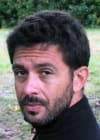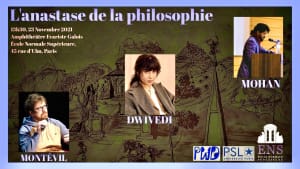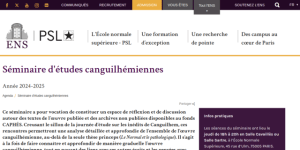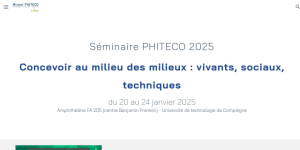
De la fonction du processus de synthèse
Nous analysons la fonction de la synthèse en partant de la production des connaissances en examinant ses opérations ainsi que ses dysfonctionnements contemporains. La montée d’un empirisme computationnel — fondé sur les protocoles standardisés, la production de données et la pression à publier — marginalise le travail théorique et empêche l’émergence de nouveaux cadres conceptuels. À partir du cas de la biologie, nous montrons que l’activité synthétique ne subsiste principalement que dans les articles de revue, nécessairement conservateurs, ce qui conduit à l’accumulation de contradictions et à la prolifération de métaphores et de concepts zombies. Nous identifions ensuite les conditions matérielles et organisationnelles de la synthèse, en mobilisant l’analogie des systèmes vasculaire et nerveux pour décrire l’intégration des processus locaux en unités globales cohérentes. Enfin, nous caractérisons la synthèse comme un processus anti-entropique, producteur de singularités fonctionnelles et garant d’une unité épistémique ; son érosion favorise le morcellement intellectuel et l’incohérence institutionnelle.















